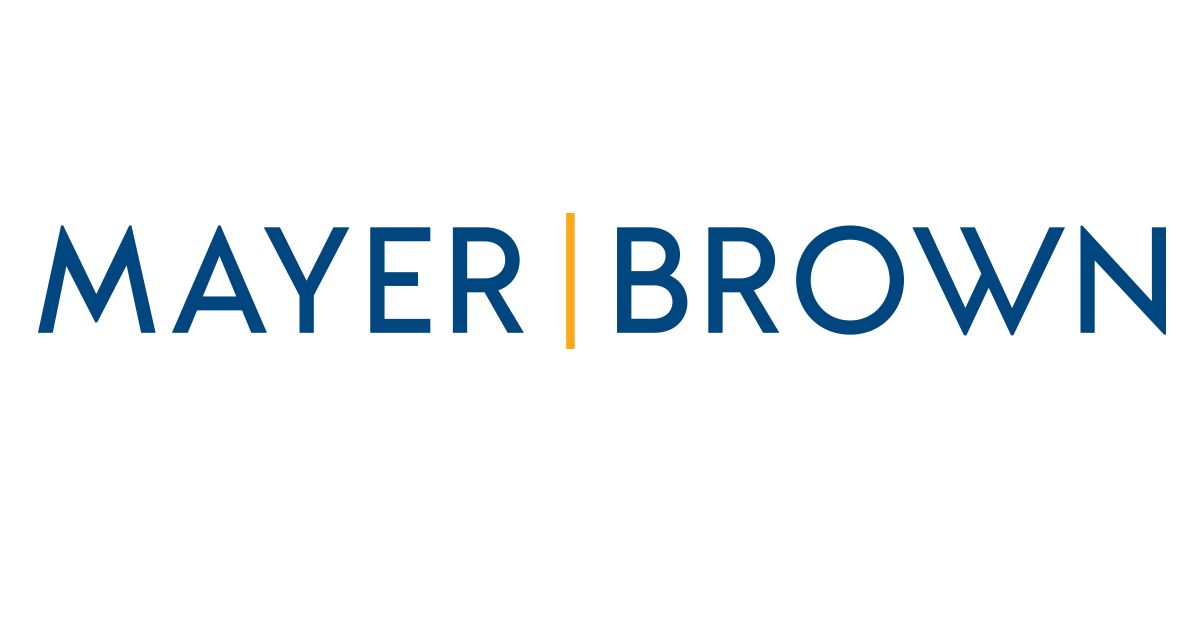Now Reading: What is Compliance And Why Is It Important For Your Company
-
01
What is Compliance And Why Is It Important For Your Company

What is Compliance And Why Is It Important For Your Company
Compliance can seem complicated at first, yet its importance for any organization to thrive and survive long-term is vital. Compliance refers to adhering to rules, laws, norms, and moral principles that directly affect business operations. In this article we explore what compliance entails; its significance for your company; types of compliance available to businesses; steps companies can take to comply; how technology plays a part in supporting compliance efforts; as well as concluding by discussing why compliance matters so much in business environments today.
Why Compliance Is Vital for Your Business
Compliance is more than a legal necessity – it is the foundation of a sustainable business model. Let’s look into why compliance is indispensable:
- Legal Ramifications: Noncompliance can have immediate and costly legal repercussions, from fines and penalties to more severe actions like injunctions that halt business operations and jeopardize its reputation.
- Reputation Maintenance: In today’s digital world, companies’ reputations can be more easily damaged and irreparable than ever. Compliance can help a company protect its image by showing its commitment to legal and ethical standards that foster trust with customers and business partners.
- Employee Morale and Retention: Compliance culture fosters a safer and more ethical work environment. This results in employee happiness and retention, as they will feel safer working in an environment that prioritizes legal and ethical standards.
Types of Compliance in Business
Business compliance can be divided into different types, each targeting various aspects of a company’s operations:
- Regulatory Compliance: This type ensures a company abides by laws and regulations specific to their industry. As these can differ depending on sectors or geographic locations, compliance can become a complex, ongoing process. For example, pharmaceutical companies require specialized pharma compliance solutions to navigate strict regulations around drug safety, manufacturing practices, and marketing standards.
- Financial Compliance: Compliance refers to managing and reporting a company’s finances in line with both legal requirements and generally accepted accounting principles, in order to maintain transparency, accuracy, and fairness in reporting operations and operations management.
- Information Security Compliance: As businesses increasingly rely on digital infrastructure, protecting sensitive information becomes even more crucial. Compliance involves adhering to standards and regulations designed to secure digital data against unauthorized access, breaches, or theft.
Steps to Achieve Compliance in Your Company
Compliance requires a proactive and systematic approach:
- Establish a Compliance Officer: Appointing a dedicated compliance officer can serve as the catalyst for developing, implementing, and managing your company’s compliance program.
- Develop a Compliance Plan: A well-crafted compliance plan outlines precise rules, procedures, and guidelines that apply to particular areas and acts as a roadmap for your company to follow to comply with legal and ethical requirements.
- Integrate Insurance into Your Compliance Framework: Integrating insurance into your compliance framework is vital to managing and mitigating risks associated with business operations. Step Two of starting a small business insurance policy includes identifying both mandatory coverage such as general liability insurance and optional policies that offer additional protection for risks unique to your enterprise. By maintaining a general liability small business insurance, for your company, you’re not only meeting regulatory requirements but also safeguarding assets, employees, and the future of your business. This proactive measure adds another level of compliance while reinforcing commitment to risk management.
- Train Employees: Continuing training programs for employees is key to ensuring all understand their compliance responsibilities. Customized courses should be offered based on roles within your company and updated frequently to reflect any regulatory or internal policy changes.
- Regular Audits and Assessments: Regular audits and assessments provide businesses with essential insights into compliance gaps and development opportunities, helping to modify compliance plans to anticipate any possible noncompliance issues ahead of time.
The Role of Technology in Compliance
Technology’s Role in Compliance Automation of repetitive processes, increased accuracy and real-time insights into compliance status have revolutionized compliance management through technology. From document storage and tracking activities through to reporting requirements – software has made life much simpler when it comes to compliance management. Likewise, data protection technologies play a vital role in upholding privacy compliance regulations.
Common Challenges in Achieving Compliance
Here are some of the main challenges in conclusion
- Regulation Shifting: As regulatory environments are constantly shifting, businesses face the difficulty of staying updated and compliant with ever-evolving rules.
- Resource Constraints: Small to medium-sized enterprises (SMEs) frequently experience resource limitations that make allocating sufficient funds and manpower for compliance activities difficult.
- Cultural and Linguistic Differences: Multinational companies face additional compliance hurdles as they navigate the cultural and regulatory environments in multiple countries.
Global Perspective on Compliance
Compliance involves an intricate web of regulations in different geographical contexts that vary considerably each with its own distinct set of subtleties that could hinder international operations. Given that regional regulations vary significantly, businesses operating internationally need to adopt an adaptive strategy when doing business internationally. Companies can traverse these complications with the help of international compliance standards, such those created by the International Organization for Standardization (ISO).
Businesses may be assured of a unified and effective compliance approach throughout their international activities by obtaining ISO accreditation, and cross-border cooperation and enforcement present unique benefits and difficulties of their own. International cooperation between regulatory agencies can improve compliance methods, but it can also present new difficulties because different countries have different legal and enforcement systems. Navigating these global dynamics successfully for any business looking to succeed while upholding compliance integrity is of the utmost importance in international markets.
Future Trends in Compliance Management Technology-Reliance:
Compliance management trends suggest an imminent transition toward harnessing advanced technologies and data analytics.
- Artificial Intelligence and Machine Learning: Compliance management has been transformed by AI and machine learning technology, which automates difficult, time-consuming processes.
- Advanced Data Analytics for Predictive Compliance: By examining patterns and trends in massive volumes of data, organizations may use advanced data analytics to shift from reactive to predictive compliance models.
- RegTech for Regulatory Change Management: Businesses may effectively manage regulatory change with the help of RegTech solutions.
- Increased Focus on Cybersecurity Compliance: With cyber threats becoming increasingly sophisticated, cybersecurity compliance has taken on increased importance.
In summary
Compliance is central to running an efficient organization; it emphasizes moral business practices, employee welfare, and social responsibility. Although compliance may prove challenging at times, its rewards make the effort well worthwhile – companies using appropriate tactics and technological resources may easily navigate its complexities for sustained prosperity and credibility in the industry.










